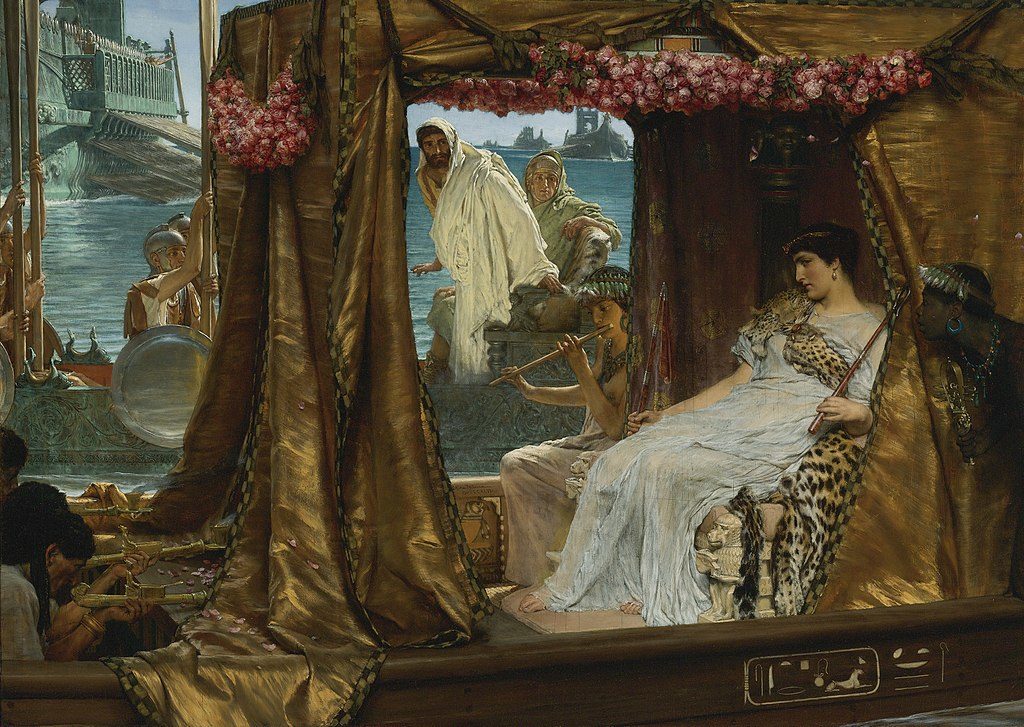ShakespeareReadALong
Shakespeare:
William Shakespeare was born in Stratford-upon-Avon in April 1564, and his birth is traditionally celebrated on April 23. The facts of his life, known from surviving documents, are sparse. He was one of eight children born to John Shakespeare, a merchant of some standing in his community. William probably went to the King’s New School in Stratford, but he had no university education. In November 1582, at the age of eighteen, he married Anne Hathaway, eight years his senior, who was pregnant with their first child, Susanna. She was born on May 26, 1583. Twins, a boy, Hamnet ( who would die at age eleven), and a girl, Judith, were born in 1585. By 1592 Shakespeare had gone to London working as an actor and already known as a playwright. A rival dramatist, Robert Greene, referred to him as “an upstart crow, beautified with our feathers.” Shakespeare became a principal shareholder and playwright of the successful acting troupe, the Lord Chamberlain’s Men (later under James I, called the King’s Men). In 1599 the Lord Chamberlain’s Men built and occupied the Globe Theater in Southwark near the Thames River. Here many of Shakespeare’s plays were performed by the most famous actors of his time, including Richard Burbage, Will Kempe, and Robert Armin. In addition to his 37 plays, Shakespeare had a hand in others, including Sir Thomas More and The Two Noble Kinsmen, and he wrote poems, including Venus and Adonis and The Rape of Lucrece. His 154 sonnets were published, probably without his authorization, in 1609. In 1611 or 1612 he gave up his lodgings in London and devoted more and more time to retirement in Stratford, though he continued writing such plays as The Tempest and Henry VII until about 1613. He died on April 23 1616, and was buried in Holy Trinity Church, Stratford. No collected edition of his plays was published during his life-time, but in 1623 two members of his acting company, John Heminges and Henry Condell, put together the great collection now called the First Folio.

Antony and Cleopatra dramatizes a major event in world history: the founding of the Roman Empire. The future first emperor, Octavius Caesar (later called Augustus Caesar), cold-bloodedly manipulates other characters and exercises iron control over himself.
At first, he shares power with Mark Antony, Rome’s preeminent military leader, and the weaker Lepidus. Caesar needs Antony to fend off other Roman strongmen like Pompey; he even offers his sister Octavia to him as a bride, despite Antony’s reputation as a libertine and his past rivalry with Caesar. Once Caesar defeats Pompey, however, he needs no allies. He brings charges against Lepidus, denies Antony his spoils from Pompey’s defeat, and seizes cities in the eastern Roman colonies that Antony rules.
The play’s emphasis, however, is on those whom Caesar defeats: Antony and his wealthy Egyptian ally, Queen Cleopatra. The play does not sugarcoat Antony and Cleopatra’s famous love affair, including her calculated attempts to seduce Antony from his duties and his rage when he thinks she has betrayed him to Caesar. Nonetheless, the lovers find such sensual and emotional satisfaction that Caesar’s world conquest seems smaller than what they find in each other.
UP NEXT for our Shakespeare Read Along is Antony and Cleopatra. We are finishing Julius Caesar this week and this play seems to be the one to read next for our group.


